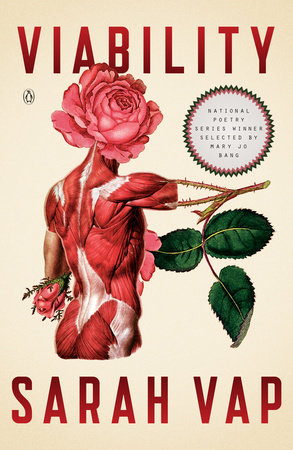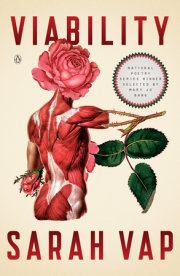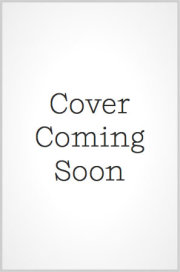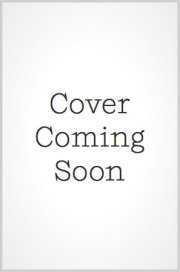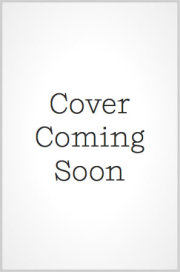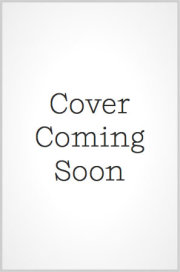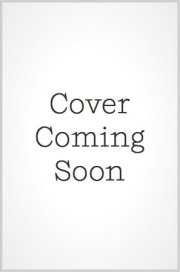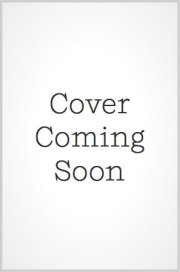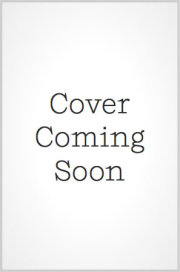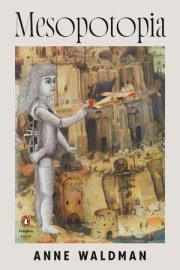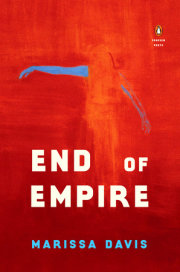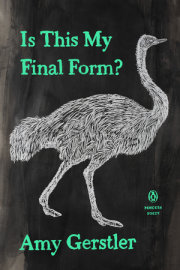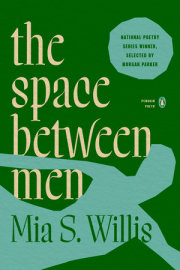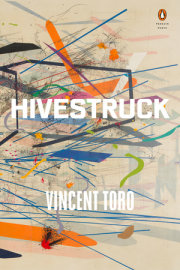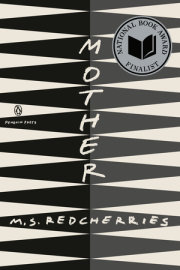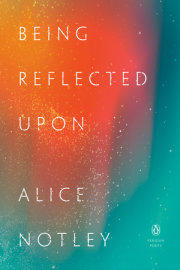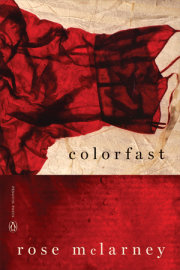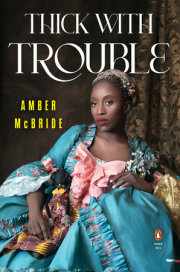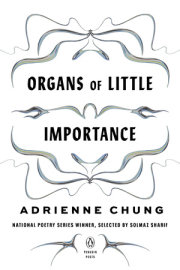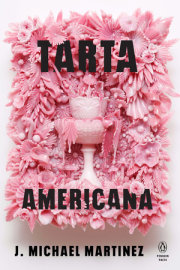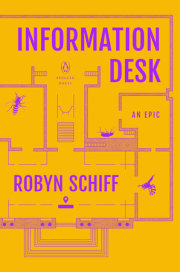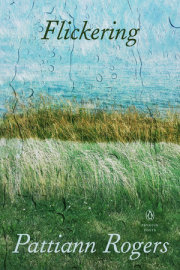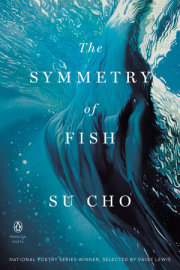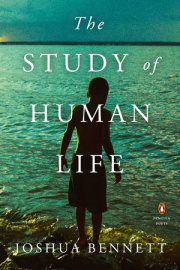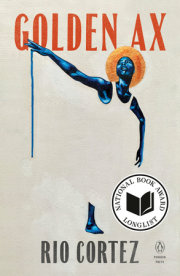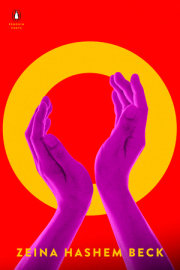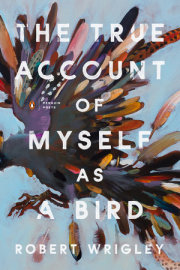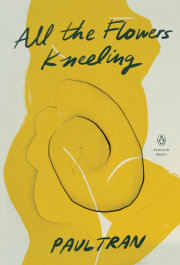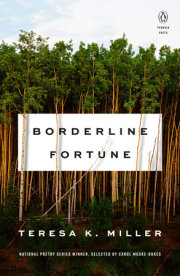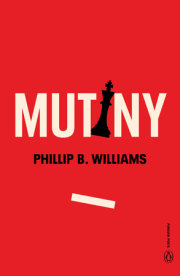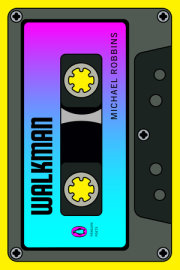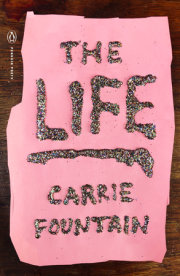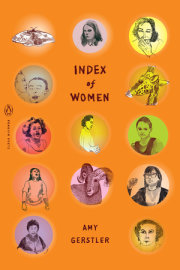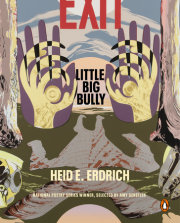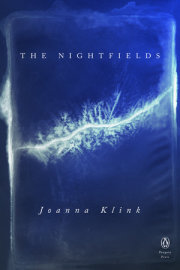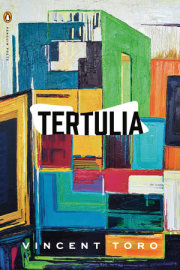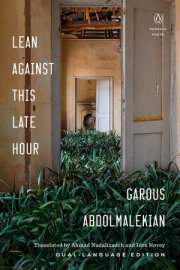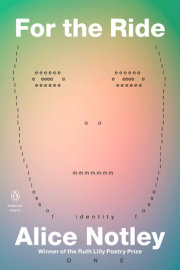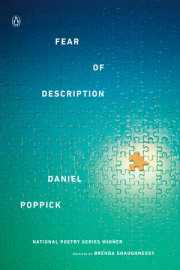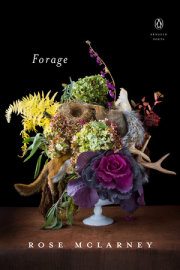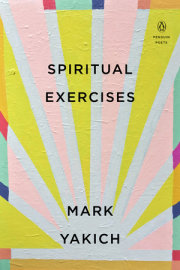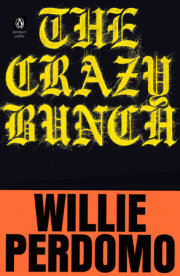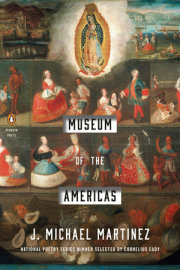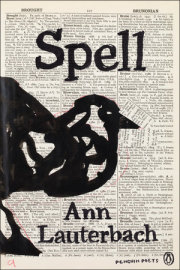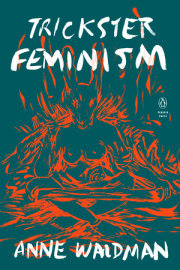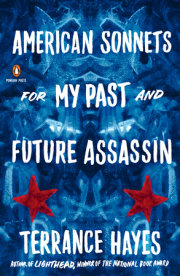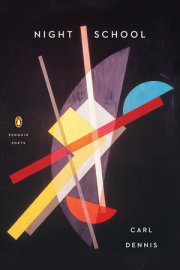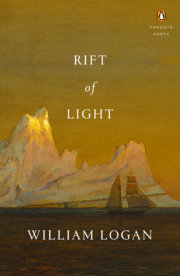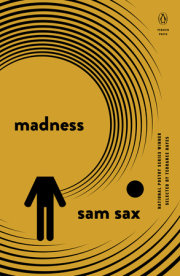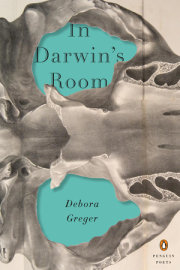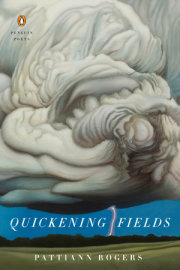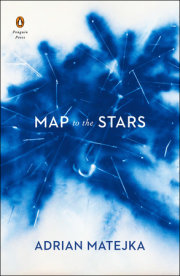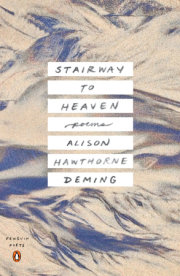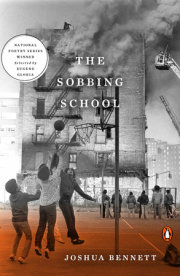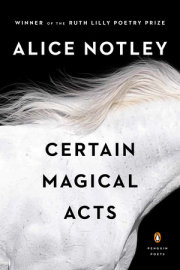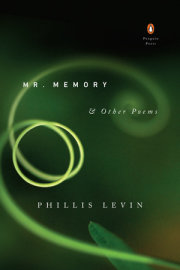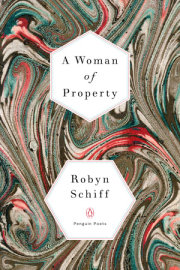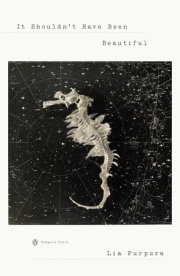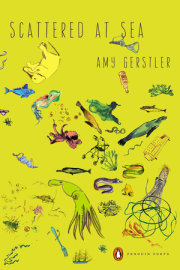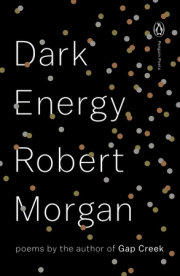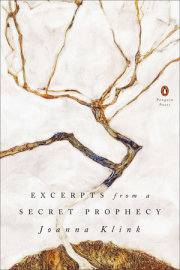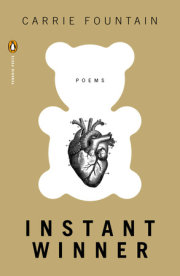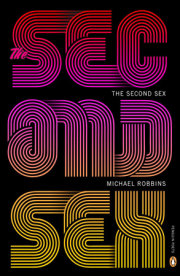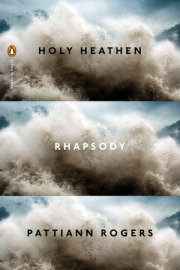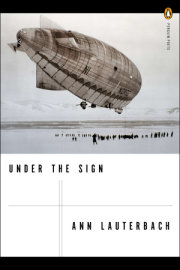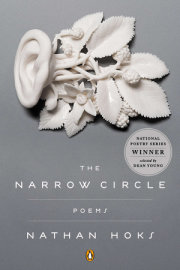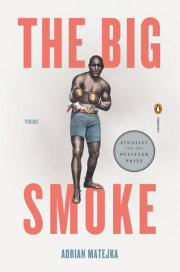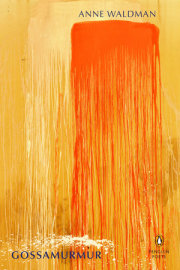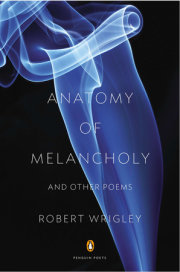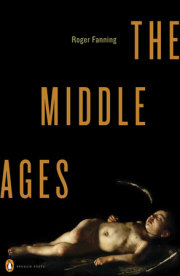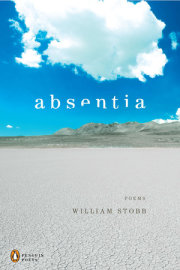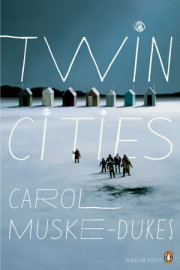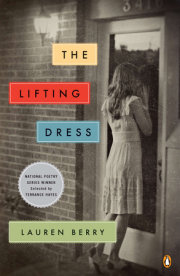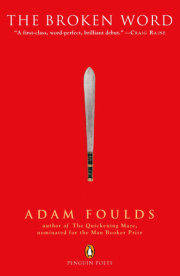About the Author
About the National Poetry Series
Title Page
Copyright
Dedication
Epigraph
Acknowledgments
VIABILITY
Notes
ACKNOWLEDGMENTS
The splintered log filled me mouth to groin. And growing—growing, the emerald was blood. The stones in the water were eyes and I was not recognized by either the givings or the killings that will make a woman a mother, that will make a mother a moon dropped to the water and carving out her own eye. Our family was afraid for itself until we were worn. And became, at evening’s porcelain quality, like even the dead dog’s bones, silent and white. The infant and the carriage, frozen below the firepond—they held themselves, were alone. We looked down at them through thick ice while they ripped him from me in the single, performed loneliness.
Bloodletting: A period marked by severe investing losses. Bloodletting may occur during a bear market, in which the value of securities in many sectors may decline rapidly and heavily.
The body below my head is exploded, memory bloodlets. Remembrance, rapidly and heavily.
Hysteresis: From the Greek term meaning “a coming short, a deficiency.” Hysteresis, a term coined by Sir James Alfred Ewing, a Scottish physicist and engineer (1855–1935), refers to systems, organisms and fields that have memory. In other words, the consequences of an input are experienced with a certain lag time, or delay. One example is seen with iron: iron maintains some magnetization after it has been exposed to and removed from a magnetic field. In economics, hysteresis arises when a single disturbance affects the course of the economy.
Hysterical stitched together it used to be something else I don’t know what. Oozing parted roughly it used to be something else I don’t know what. Pulling itself toward me something needs help I don’t remember what. Does it hum, it does. I listen to it hum. Does it hum, it does. I listen to it hum. Does it hum, it does: I will listen to it hum.
Hold him. An infant can’t love himself, I think. Plum, magenta reversals of light—a cloth ball to roll to the infant. His is the more decent dark radiance—he is still an infant picking through a pile of yarn. He might watch the beautiful things of this world disappear. Yet where my remembrance joins his reminiscence—as scraps of paper on the floor, or a few purple tiles. Who, on the advice of her soul alone, could be the counterweight of his plain light. But the final color is different, as something permanent is. As an heir to memory is, or as a love that will hurt us.
Where there is no love, put love—and you will find love. Where there is no memory, put memory—and you will find memory. Where there is no pull, put iron filings, put metal, put bindings, put jaw-traps wide open, and there you will find the pull.
—John of the Cross
Leading Lipstick Indicator: An indicator based on the theory that a consumer turns to less expensive indulgences, such as lipstick, when she feels less than confident about the future. Therefore, lipstick sales tend to increase during times of economic uncertainty or a recession. Also known as the “lipstick effect.”
This term was coined by Leonard Lauder (chairman of Estée Lauder), who consistently found that during tough economic times, his lipstick sales went up. Believe it or not, the indicator has been quite a reliable signal of consumer attitudes over the years. For example, in the months following the September 11 terrorist attacks, lipstick sales doubled.
. All rights reserved. No part of this excerpt may be reproduced or reprinted without permission in writing from the publisher.

